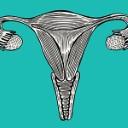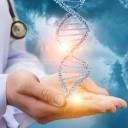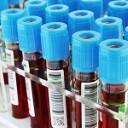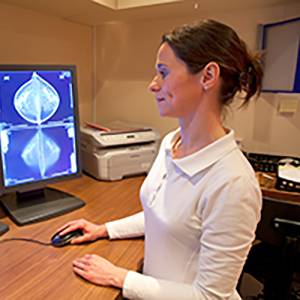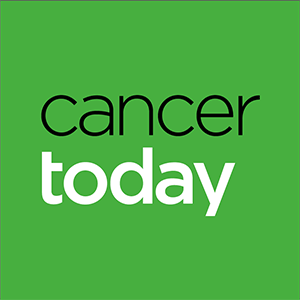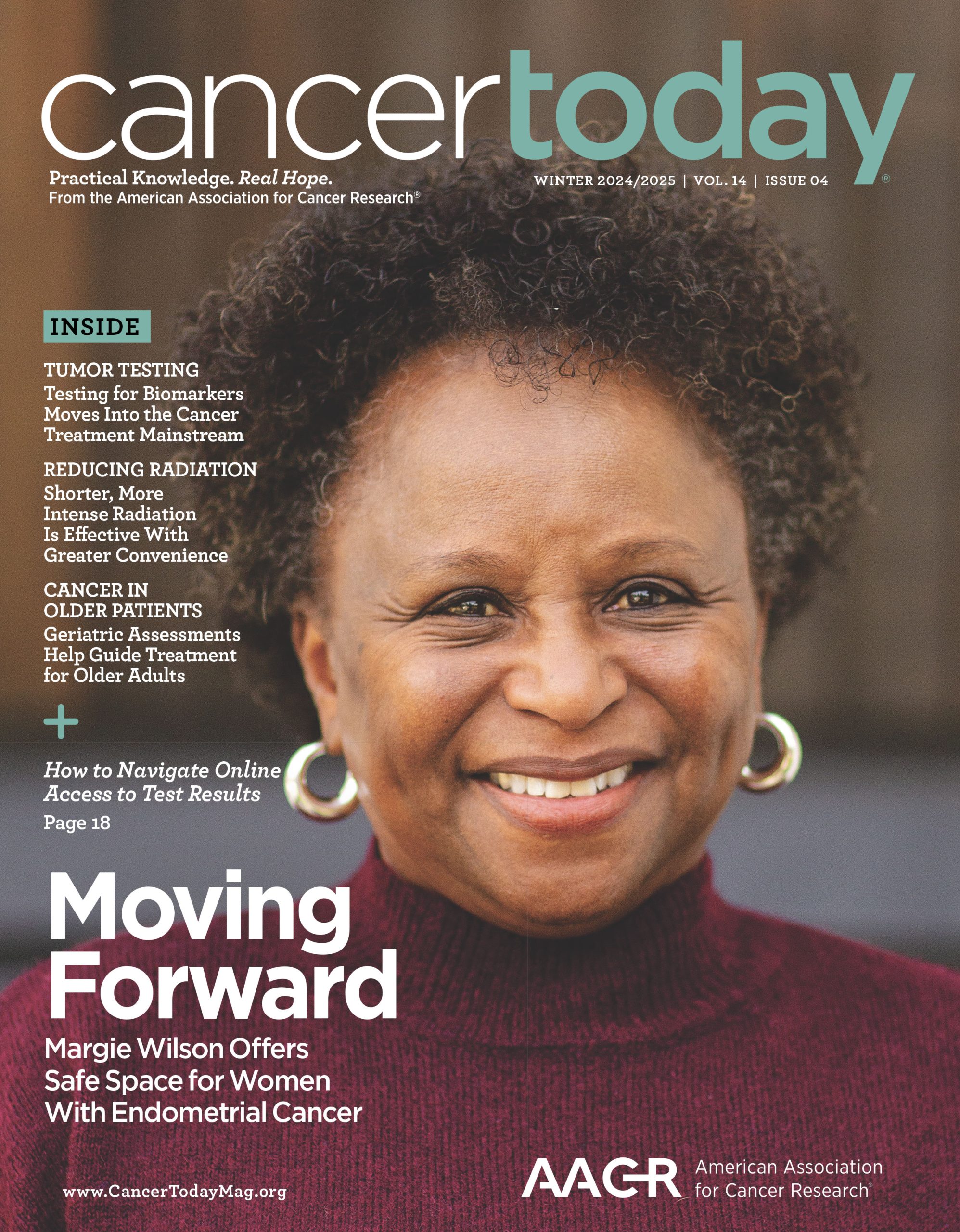Screening
-
Forward Look
In Women, Lung Cancer Rates Are Rising WorldwideLung cancer deaths are set to surpass breast cancer deaths in many regions.
by Cameron Walker
-
The Health Legacy of 9/11
People who were directly affected by the Sept. 11 terrorist attacks can receive screenings and care for medical conditions, including certain cancers, through the World Trade Center Health Program.
by Brad Jones
-
A New Guideline for Cervical Cancer Screening
Physicians Lee Learman and Francisco Garcia discuss the updated U.S. Preventive Services Task Force guideline and the need to increase access to cervical cancer screening.
by Anna Azvolinsky
-
Some Pancreatic Cancers Are Hereditary
A trio of recent studies indicates that pancreatic cancer is, in some cases, linked to mutations passed down from generation to generation.
by Cheryl Platzman Weinstock
-
Predicting Acute Myeloid Leukemia
Two studies identify genetic mutations that could predict the risk of an aggressive blood cancer up to a decade before it is diagnosed.
by Anna Azvolinsky
-
From the Editor-in-Chief
DNA Profiling Moves From Forensics to DiagnosticsDNA profiling technologies are providing new ways to detect and monitor cancer.
by William G. Nelson, MD, PhD
-
Is 3-D Mammography Better?
A study enrolling patients compares a newer form of digital mammography to conventional 2-D digital mammography.
by Marci A. Landsmann
-
Cancer Control in the Community
Successful public health initiatives to prevent, detect and treat cancer require widespread community participation.
by Marci A. Landsmann
-
Forward Look
Breast Density MattersBreast cancer risk factor may be overlooked.
by Kendall K. Morgan
-
A Focus on Pediatric Cancer Screening
The AACR shares research papers that summarize recommendations for monitoring children and adolescents with cancer predisposition syndromes.
by Garrett M. Brodeur



